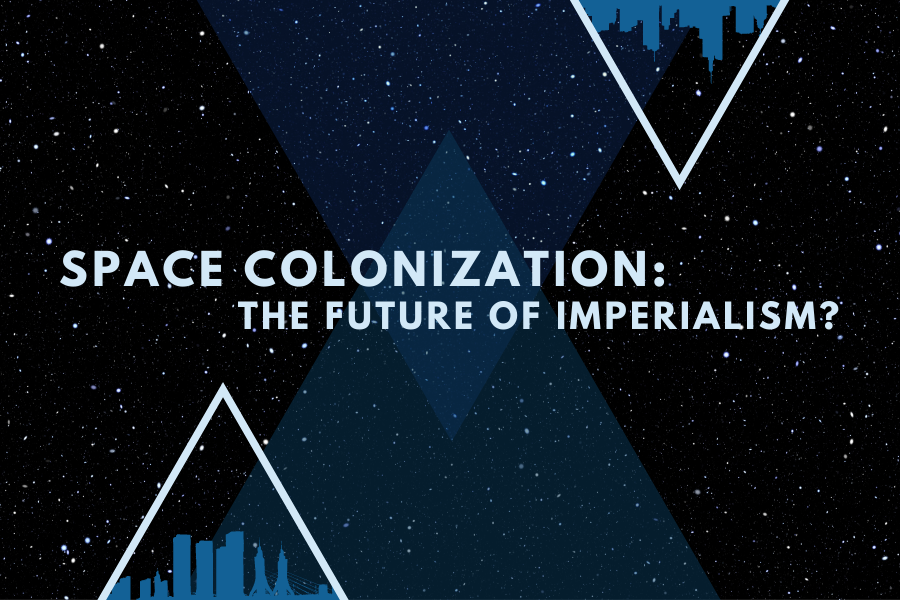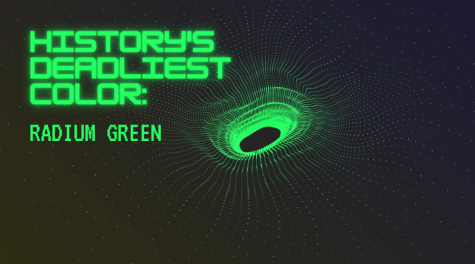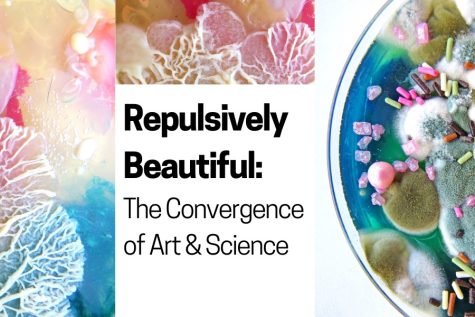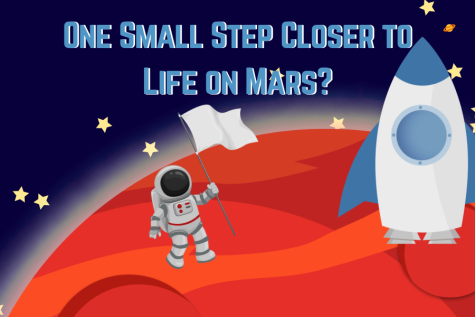Space Colonization: The Future of Imperialism?
Space colonization has become an imminent reality instead of a far-off dream or the premise of the next sci-fi movie trilogy. Research in rocket design, astrophysics, and medicine and the ability to keep astronauts alive and healthy on the International Space Station has provided us with an abundance of knowledge regarding how humans can survive in space for extended periods of time.
There has been an ongoing debate about the various components of space colonization: Why colonize space? Where would we go? When would we go? These questions are widely discussed, but they remain unanswered. While we as a population continue to expand our knowledge of the final frontier, migration to space may become a necessity instead of a hypothetical option.
Why go to space?
We have approximately 100 years to leave Earth before global warming wipes us out. Some argue we must colonize other planets to prevent the extinction of our species. In contrast, others believe viewing space colonization as a solution to climate change will only exacerbate the climate crisis.
Many believe the colonization of space is inevitable — and that it should be our goal to inhabit other planets. Multiple studies have researched how microbes could potentially survive a trip to Mars and evolve in space. This process, known as forward contamination, is unavoidable and has likely already happened. Although NASA thoroughly sanitizes spacecraft to prevent microbes from hitching a ride to Mars, microorganisms that survive this cleaning process and a trip to space may have a greater ability to repair their DNA, thus helping them resist radiation and survive a harsher environment. If forward contamination is bound to occur during our exploration of space, then humans might as well begin colonizing other planets. However, forward contamination can also be damaging to a planet’s native ecosystem; microbes can spread and quickly overtake life that is native to a certain planet, thus acting as an invasive species.
Where would we colonize?
Two of the more realistic options for colonization are the Moon and Mars.
Mars has every element necessary to sustain human life, including carbon, nitrogen, hydrogen, and oxygen, in mostly gaseous forms. Additionally, it tilts on its axis and has a diurnal cycle similar to that of Earth. Quite a few challenges dissuade humans from colonizing Mars: a trip to the planet would last nine months and cause massive radiation exposure to anyone on board. Landing on Mars would be a difficult feat because of its atmosphere and gravity, and there are frequent, months-long dust storms.
Although it is an option, the Moon is less likely to be a viable home for the human population with its fluctuating temperatures and harmful dust. While the Moon could house a small colony, similar to Antarctica, it would not be possible for all of us to pack up and move to the Moon. The biggest downside to living on the Moon is the low gravity; scientists don’t yet know exactly how much gravity is necessary to keep us healthy, meaning that living on the moon can lead to unforeseen health consequences.
Space colonization is not some outlandish fantasy but an actual possibility because of advances in technology and research. While the international community continues to weigh their decisions on whether space colonization is a viable option for the human race’s future, it might become our only option.
Works Cited
Greene, Tristan. “Why migrating to another planet is a stupid and implausible idea.” The Next Web, 11 Oct. 2019, thenextweb.com/news/why-migrating-to-another-planet-is-a-stupid-and-implausible-idea. Accessed 25 May 2021.
Keeter, Bill, editor. “Space Colonization.” NASA, edited by Brian Dunbar, 19 Jan. 2021, www.nasa.gov/centers/hq/library/find/bibliographies/space_colonization. Accessed 25 May 2021.
Kornfeld, Laurel. “Science Journalist Outlines Challenges of Settling the Moon and Mars.” Spaceflight Insider, 16 Apr. 2021, www.spaceflightinsider.com/missions/human-spaceflight/science-journalist-outlines-challenges-of-settling-the-moon-and-mars/. Accessed 25 May 2021.
Mason, Christopher. “Could humans have contaminated Mars with life?” BBC, 10 May 2021, www.bbc.com/future/article/20210510-could-the-perseverance-rover-have-carried-life-to-mars. Accessed 25 May 2021.
“Why Mars?” The Mars Society, www.marssociety.org/why-mars/. Accessed 25 May 2021.













